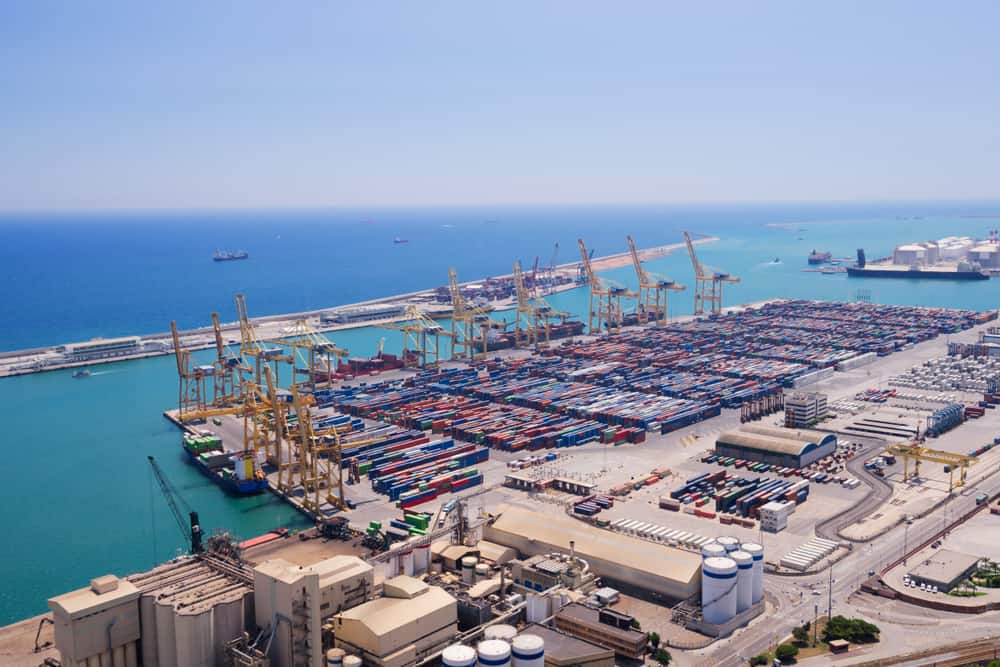Non-Vessel Operating Common Carriers (NVOCCs) and Freight Forwarders are the heroes that come to the rescue when you have to move your stuff from Point A to Point B. It seems like they do the exact same thing, so why do they have such different names? Because, in fact, they are quite different.
Freight forwarders and NVOCCs are both intermediaries between Beneficiary Cargo Owners (BCO) and Carriers. Proprietaries can choose to use an intermediary for many different reasons, most commonly to ensure they can secure space on vessels at competitive rates for their shipments. Freight forwarders and NVOCCs are both capable of doing this, as well as many other actions to facilitate the shipping process.
So, what are the differences between these two entities?
There are actually many differences between them – one of the clearest being how they appear on the Bill of Lading. A Freight Forwarder can show in the shipper section as either “on behalf of,” “as agent of,” or simply “C/O” the actual shipper – or separately in the freight forwarder section:


The NVOCC, on the other hand, can show as the shipper in the shipper section, without mention of the actual shipper name on the Carrier BL. They are able to do this because, as the Freight Forwarder will move the cargo on the shipper’s behalf, the NVOCC can move the cargo as though it is their own. They will issue a House Bill of Lading (HBL) showing the actual shipper information, and consignee, which will be used in place of the Carrier BL. The Carrier will not have access to the HBL between the NVOCC and their actual shipper.
“A NVOCC is a Carrier to Shippers and a Shipper to Carriers.”
Both entities will use their own service contract (SVC) with the Carrier, but similar to Vessel Operating Common Carriers (VOCCs), like MSC or Maersk, NVOCCs are required to file their tariff rates with the FMC, and publish them online for the public. That is not required of Freight Forwarders.
In conclusion, both Freight Forwarders and NVOCCs can organize the movement of your cargo from Point A to Point B, via Truck, Rail, Vessel, Barge, or Air.
They can negotiate competitive rates with carriers, secure space on vessels, and organize door moves from the origin warehouse to the destination unloading location. Although NVOCCs have the abilities of Freight Forwarders, Forwarders do not have all of the abilities of a NVOCC. For example, they do not own or lease containers, they cannot generate a HBL, nor can they appear as the shipper on the Carrier BL, which means NVOCCs will be more liable for the well-being of the cargo they ship than would a Freight Forwarder.

- 134shares
- 60Facebook





